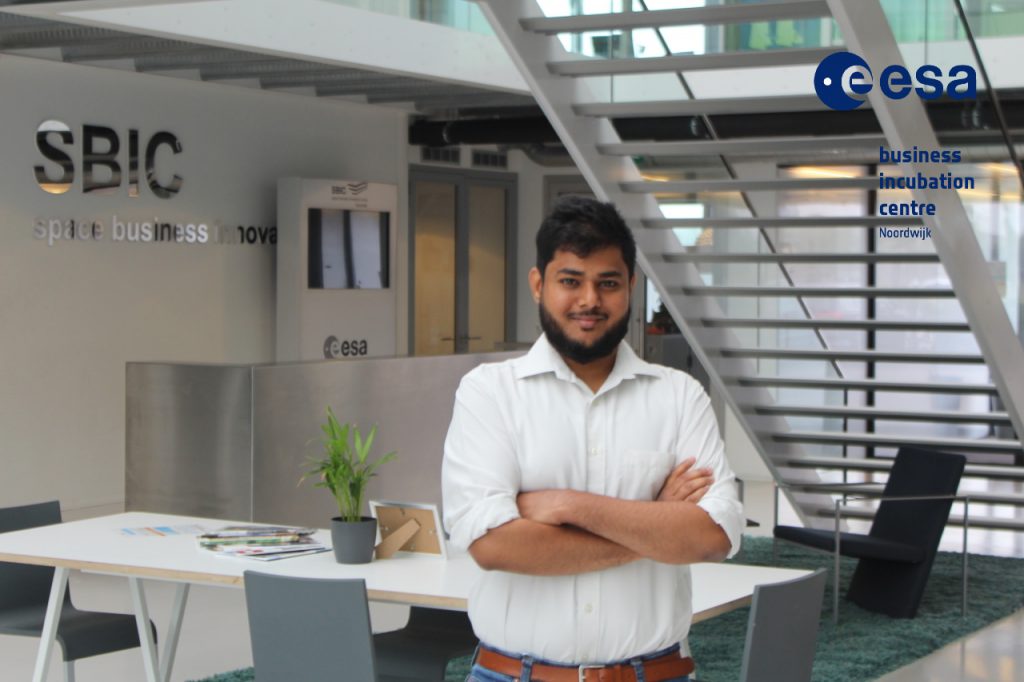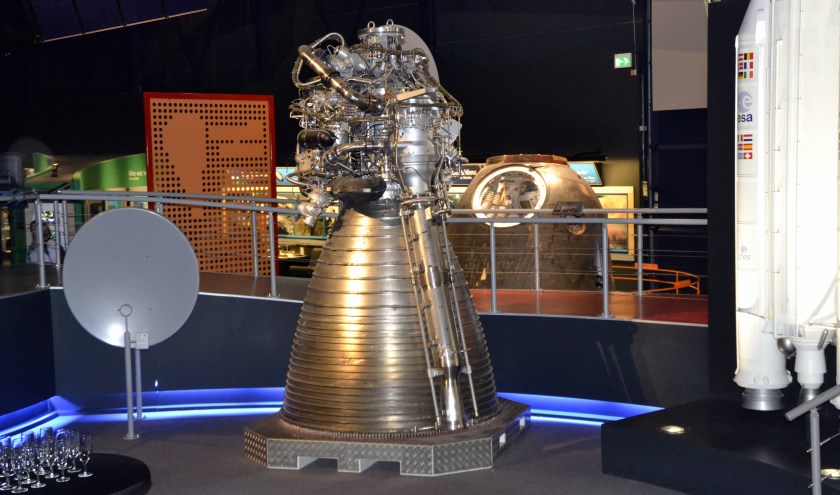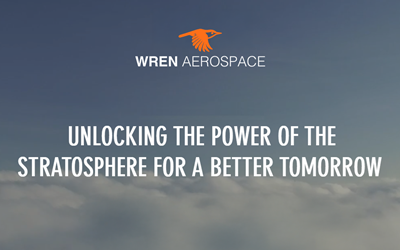
NeoStove (now called Effium) is trying to change a market that hasn’t been changed in a while: the market of traditional gas stoves. In Noordwijk, Surya Prakash is trying to solve a problem by looking closely at the heat efficiency found in rocket engines.
In short, NeoStove reduces gas consumption by half. It is doubling the efficiency of the heat distribution we all know in a traditional gas stove. You’d say: why do this? In the Netherlands we want to get rid of gas cooking and are moving towards electric cooking anyway?
That’s because the problem with gas cooking simply is not present here, but on the other side of the world. In emerging economies, like India, people are mostly cooking indoors with wood. Let’s state the obvious here: that’s quite the fire and smoke hazard.
People die due to indoor pollution
Due to indoor air pollution by the huge amounts of smoke, people are dying. It’s a big issue in rural India.
It also has one major cause: gas is still very expensive. Although the Indian government is pushing people to cook with gas, it’s still a financial burden, explains Surya. And electric cooking is not yet an option, because it’s not much available continuously, so they cannot depend on it. “That’s why we try to make gas stoves twice as efficient – thus halving the gas consumption and cost while significantly reducing carbon emissions.”
The market potential is there: Surya’s solution could help 3 billion people in emerging economies with their transition to gas cooking, and saving 4 million people each year. However, the design of gas stoves hasn’t been changed in 60 years.
So how to change such a market? Surya: “The design hasn’t been changed, that’s true. But the distribution, the marketing, and the general narrative has. People want to cook on gas, but can’t. That’s why making the stove twice as efficient will make the difference.”
He adds: “I made a quick prototype and participated in a TU Delft course called Smart Energy Products and ended up winning a cash prize. That gave me the validation that I’m onto something.” Next to that, NeoStove’s idea already got the attention at another competition early 2020, when Surya won the The Hague Innovators Challenge 2020 by Impact City in the student category.
But how did his idea come to fruition?
Creative spark
The idea for an efficient stove didn’t come overnight. Sure, Surya has a degree in Mechanical Engineering. And sure, he experienced some struggles with the inefficient gas stove in his dorm which made cooking unpleasant for him. And of course he was well aware of the problems in his home country, India. How he recalls it, “it was basically brewing in the back of my head. It just needed that one trigger.”
The final spark that ignited his idea came at one of ESA/ESTEC’s Open Days in Noordwijk. At the Space Expo, Surya saw an Ariane 5 Vulcain rocket engine. He read about the engine design and everything fell into place. “The idea took years developing in my mind. But when I looked at that engine, I felt it. The NeoStove design draws inspiration from that exact rocket engine. Space inspired, so to say.”

So how will the solution look like? Surya decided not to add something to current stoves, but he’s planning to make an entire new stove. “I tried to make an universal add-on, but that’s hard to create due to many kinds of stoves in the market. You have more freedom if you design the entire system yourself from the bottom-up.”
Other market potential
Before NeoStove can take off in India, Surya is thinking to address other markets as well. He is aiming for three different segments: households (emerging economies) and recreational & commercial customers (“western” countries like the Netherlands).
His long-term goal is for people to cook sustainably, whether it being directly now in India or via a short stop in the Netherlands, to gain some experience and recognition in the market first. “My product can also be a solution to consumers who go camping, or to entrepreneurs with commercial food trucks. Especially for those trucks, the gas expenses are super high. With efficient stoves, these entrepreneurs can benefit from increased profit margins and enhanced kitchen throughput (increased sales). The core technology stays the same for all of these markets. Regardless where we start: we can alter the core design and cater the needs of different customers in different segments.”
Surya is onto something for this commercial market as well. Due to COVID-19, the emerging “ghost kitchen” trend – mobile kitchens for take-out restaurants – might be the new normal and, thus, here to stay.
Space entrepreneurship
Why did he choose to apply for the ESA BIC program in Noordwijk? “For me it was simple: I see my solution as a space inspired stove. So why not collaborate with experts and scientists in that field? In the ESA BIC programme, you get up to 80 hours of technical support from ESA. I plan to make full use of that, and can’t wait to co-create with ESA. That direct door to ESA makes the programme a no-brainer for a startup like me. And the 50,000 euros of incentive funding is really nice as well.”
Surya thinks associating yourself with the world of space can be beneficial to any entrepreneur. “If you have defined the problem you want to solve, you can search for inspiration broadly. And I recommend you do it in space. Space is such a field where a multiple of broad ideas disseminated – just think of Velcro shoelaces (klittenband) that was used in space first. It’s such a large and complex sector, there’s probably something there to help you move forward. You’d be absolutely amazed about today’s trivial things that had their origins in space.”
Looking for a co-founder
Right now, Surya is looking for a co-founder who can help him in building the product and the startup. In the meantime he shares his thoughts with an experienced advisor: his brother Venkatesh Chandrasekar, the co-founder of Inkless.
Surya stresses that a co-founder should at least have the same mentality as he has. “I’m looking for someone who isn’t afraid of failing – someone who can move on fast.”
You can reach Surya via his Linkedin profile.


